On February 14th, 2025, an article titled “Soykırım İnkârı Cahilleştirdi” (Genocide Denial Has Made People Ignorant) was published in Agos by Ohannes Kılıçdağı. In his article, Kılıçdağı referred to the terrorist attack on Ankara Esenboğa Airport on August 7th, 1982 by the ASALA terrorist organization and stated that he could not call the perpetrators of the attack “terrorists” and that the meanings of such expressions were ambiguous and manipulative. He also argued that Turks who do not understand the “genocide” have become ignorant.[1]
At this point, it would be more useful to explain point by point for the writer of Agos who is confused regarding the concept. First of all, it would be beneficial to explain what terrorism is and who would be called a terrorist. Article 1 of the Anti-Terror Law No. 3713 defines terrorism as “Terrorism is any criminal act committed with the use of force and violence, and by one of the methods of pressure, fear, intimidation, suppression or threats, by a person or persons belonging to an organization in order to change the characteristics of the Republic, the political, legal, social, secular, economic order specified in the Constitution, to disrupt the indivisible integrity of the State with its territory and nation, to endanger the existence of the Turkish State and the Republic, to weaken or destroy or seize the State authority, to destroy fundamental rights and freedoms, to disrupt the internal and external security of the State, public order or public health.”[2]. In the second article, the definition of a terrorist offender is as follows: “A terrorist offender is a person who is a member of an organization formed to achieve the purposes set out in the first article, and who commits a crime with others or alone in line with these purposes, or who is a member of the organization even if the person does not commit the intended crime. Those who commit crimes on behalf of a terrorist organization, even if they do not belong to the terrorist organization, are also considered terrorist offenders.”
As seen above, the concepts of terrorism and terrorism offender are clearly defined and their limits are specified in the legislation. The use or avoidance of such terms, the legal definition of which is defined in the legislation, in concrete cases is not only unethical but also legally incorrect. The attack on Esenboğa, when analyzed separately in terms of its formation, purpose and consequences, fits the terms of “terrorism” and “terrorist offender” defined in the Anti-Terror Law without any doubt. The attack’s conditions matching the definitions makes it unnecessary and ill-intentioned to discuss the legitimacy of the attack. The brutal massacre of innocent people at an airport, regardless of the motive, is a terrorist offense in accordance with the provisions of various legislation, particularly the Turkish Penal Code, which are mentioned in a limited number in Article 4 of Law No. 3713. The persons who committed these acts are also terrorist offenders in accordance with Article 2 of Law No. 3713. These conclusions are not so vague as to leave room for doubt or interpretation. On the contrary, the fact that the “Esenboğa attack was an act of terrorism and that the attackers were terrorists” exists in history as a legally established fact. The fact that the Agos newspaper generally evaluated this fact at different times with different ways[3] does not change this situation.
At this point, it is worth remembering that “genocide” is a legal term and, unless a competent court rules that a case constitutes genocide, any given genocide narrative can amount to no more than an allegation or slander.[4] Considering Kılıçdağı's casual use of a legal term such as genocide and even his unlawful expectation that the Turks should accept it, his inability to describe the perpetrators, whose crime was established by an independent Turkish court, of a terrorist act, in which 9 people were martyred and 72 people were wounded, as terrorists seems to be due to his ignorance of the meaning of concepts at best.
Ironically, the author accuses the Turks of ignorance without realizing his own ignorance. Turks are aware and conscious of the events of the past. In fact, this consciousness is not only a perception formed by raison d'état derived from historical documents, but also an accumulation of memories of their ancestors. In Eastern Anatolia, you can hear the memories of dozens of Turks whose ancestors were martyred by Armenians or whose villages were destroyed by Armenian gangs. At this point, we can clearly see that the Turkish people are aware of everything, but in the present they are not a nation that holds grudges or hatred and prefer not to exacerbate social conflicts by being reasonable.
As a result, unfortunately, after the death of Hrant Dink, the founder of Agos, the newspaper changed its stance and started to adopt an anti-Turkish, pro-Tashnak position. This has been an issue that has caught our attention as AVİM for some time and we have written about this subject in our various articles.[5] However, Kılıçdağı has managed to surprise us once again by taking it one step further. The author, who cannot even bring himself to characterize a terrorist a “terrorist”, blatantly accuses the Turkish people of ignorance. The sad thing is that he does not realize his own ignorance while doing so.
© 2009-2025 Center for Eurasian Studies (AVİM) All Rights Reserved
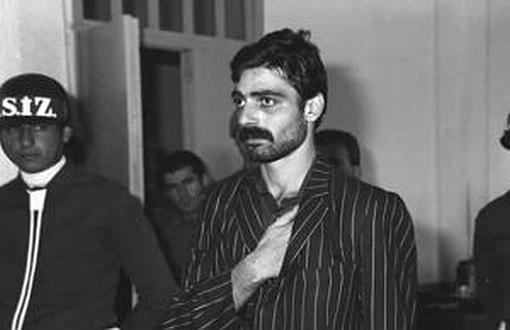
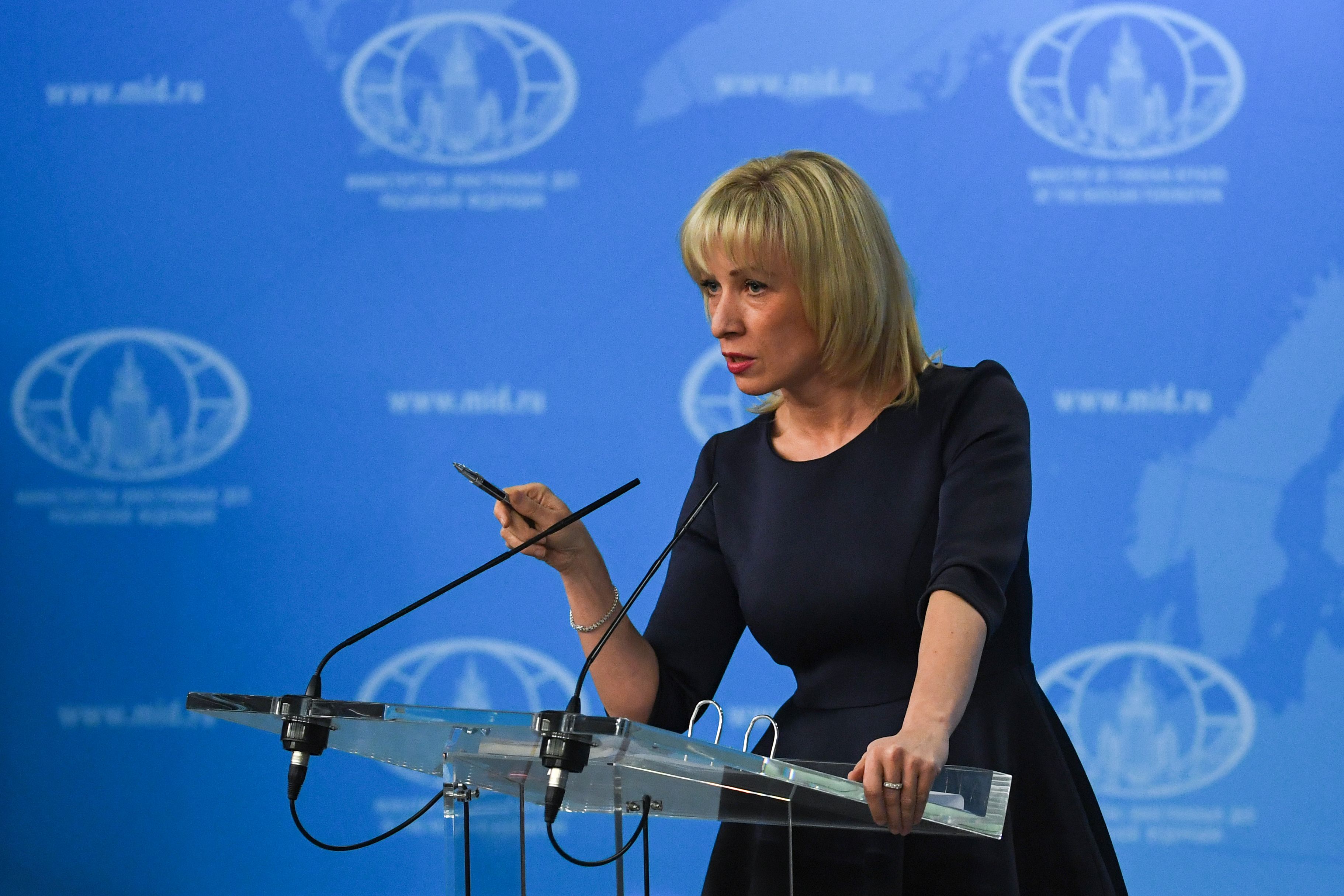 ZAHAROVA ACTING AS A SPOKESPERSON FOR GENOCIDE ALLEGATIONS
ZAHAROVA ACTING AS A SPOKESPERSON FOR GENOCIDE ALLEGATIONS
 WHAT IS THE GOAL BEHIND THE DENIAL OF TERROR?
WHAT IS THE GOAL BEHIND THE DENIAL OF TERROR?
 PASHINYAN'S ONE-SIDED VIEW OF THE PEACE PROCESS
PASHINYAN'S ONE-SIDED VIEW OF THE PEACE PROCESS
 THE CLAIM OF WESTERN ARMENIA AND ITS REFLECTIONS IN THE PUBLIC OPINION
THE CLAIM OF WESTERN ARMENIA AND ITS REFLECTIONS IN THE PUBLIC OPINION
 PASHINYAN'S STATEMENTS REGARDING 'WESTERN ARMENIA' AND PUBLIC OPINION REALITIES
PASHINYAN'S STATEMENTS REGARDING 'WESTERN ARMENIA' AND PUBLIC OPINION REALITIES
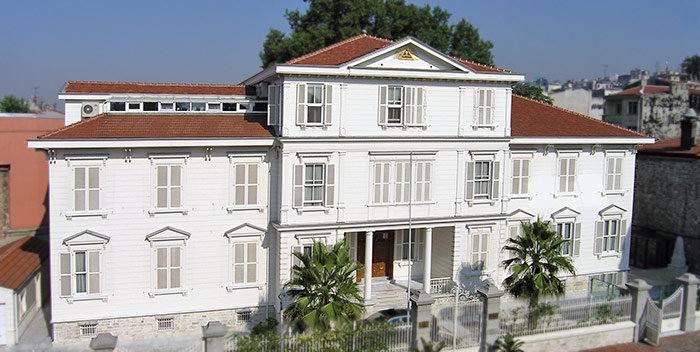 THE ELECTION OF THE ARMENIAN PATRIARCH OF ISTANBUL
THE ELECTION OF THE ARMENIAN PATRIARCH OF ISTANBUL
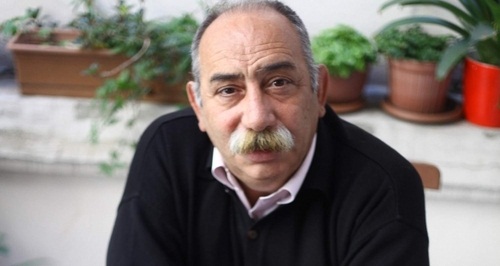 SARKISYAN AWARDED AGOS COLUMNIST
SARKISYAN AWARDED AGOS COLUMNIST
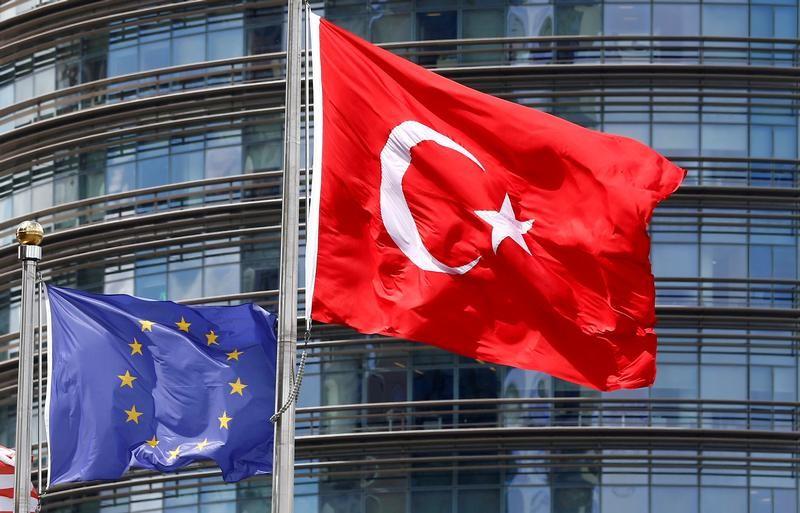 THE DECISION OF THE EUROPEAN PARLIAMENT ON TURKEY’S ACCESSION PROCESS: ADVICE FOR WHAT PURPOSE?
THE DECISION OF THE EUROPEAN PARLIAMENT ON TURKEY’S ACCESSION PROCESS: ADVICE FOR WHAT PURPOSE?
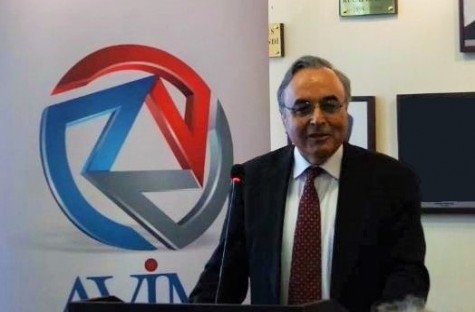 A CALL FROM NAMIBIA ON HIS HOLINESS, POPE FRANCIS
A CALL FROM NAMIBIA ON HIS HOLINESS, POPE FRANCIS




























